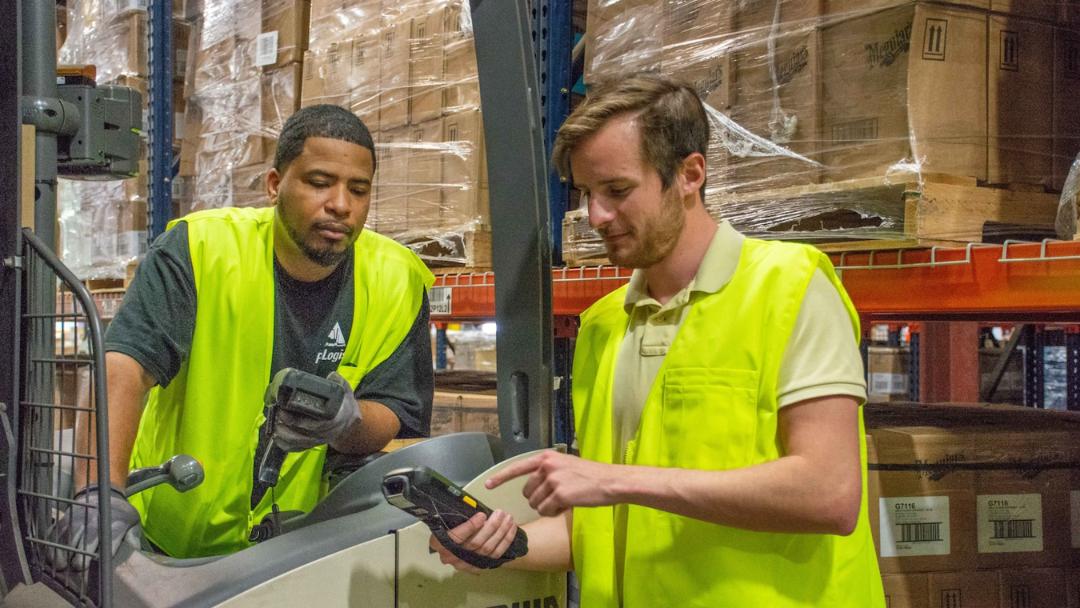As we approach the end of 2022, it's vital that employers stay abreast of expected developments for next year. The past two years have seen the world of work change in ways that no one, neither employer nor employee, could have anticipated. They've shown us that the workplace is going to continue evolving at breakneck speeds and that businesses and organizations who want to compete in their respective fields and industries need to keep up. Here are some trends experts believe we'll see in 2023:
1. Continued remote working
Currently, almost half of all employees are working remotely and it's expected that over one-fifth of employees will still be working remotely by 2025. As Finances Online predicts, many organizations will continue to adopt remote work (also known as work-from-home) policies while others may adopt hybrid models that see employees splitting time between home and the office. There will also be an emphasis on flexible work schedules that allow employees to work at times that suit them best.
2. Increasing diversity
As much of the world strives for achieving equality for people of all genders, races, sexual orientations and abilities, organizations will keep working to improve diversity, equity and inclusion (DEI) in their workplace. This will mean auditing the demographics of their team and adjusting recruitment policies accordingly. Employers will also have to be proactive in closing the gender wage/pay gap.
3. Focus on employee wellbeing
Working from home and facing a global health crisis has shifted employees' expectations of employers drastically. Employees will continue preferring organizations that prioritize a work-life balance and provide a substantial health care and benefits package. Organizations will have to pay particular attention to employee mental health and set up policies and resources to improve and maintain employees' psychological wellbeing.
4. Rising gig economy
Per Corecom Consulting, employees are choosing freelance and independent contract work over the traditional full-time "9-5" work environment. Previously the domain of creatives (designers, writers, animators etc.), advancements in technology mean that "gig" work is now possible in many more types of careers that were traditionally office-centric. Employers will have to be mindful of this emerging trend when recruiting new employees and will have to adapt their expectations and contracts accordingly.
5. Investment in career development
Many employees cite the possibility of career growth as a determining factor in whether they apply to or stay within an organization. Employers will need to dedicate time and funds to programs and courses that allow employees to enhance their current skill set and learn new skills. Further, as Designerly explains, many organizations will have to start focusing on employees' skills, rather than their work history or experience, when recruiting new employees. In the same vein, experts foresee a new focus on soft skills (also called power skills) such as leadership and the ability to adapt to change as well as hard skills like bookkeeping or IT.
Ready to get started?


